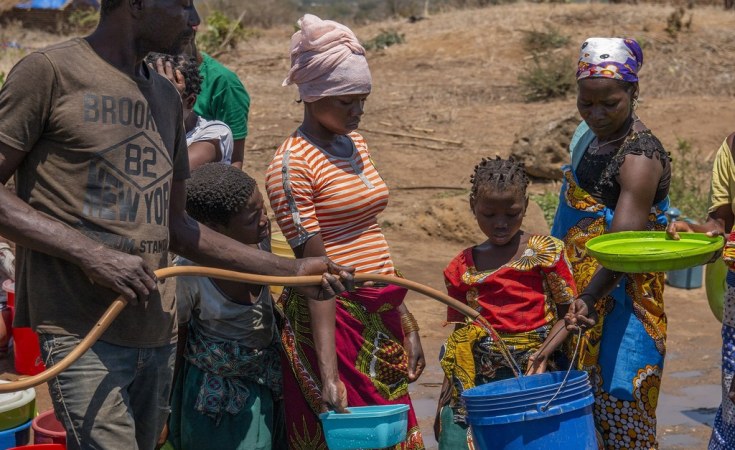The United Nations Children's Fund (UNICEF) has warned that it has only received US$18.1 million for its life-saving services for women and children in Mozambique affected by conflict, Cyclone Gombe, and Tropical Storm Ana.
In a situation report published on 25 November, UNICEF states that it has used core resources and humanitarian-development nexus funding for response activities totalling US$11.7 million to meet urgent humanitarian needs. However, with a budget of US$98.8 million for UNICEF's 2022 Humanitarian Action for Children Appeal, this leaves a funding gap of 68 per cent of the total budget.
The UN organisation notes that it has received generous contributions from the GAVI Vaccine Alliance, the Central Emergency Response Fund (CERF), the United States Agency for International Development (USAID), the World Bank, the Directorate-General for European Civil Protection and Humanitarian Aid Operations (ECHO), and the governments of South Korea, United Kingdom, Italy, and Norway.
However, it laments that as a result of the lack of funds, it "is struggling to support children and their caregivers with immediate needs. Prepositioning supplies for the 2022-2023 cyclone season is not possible".
UNICEF warns that, although October marks the beginning of the rainy season in Mozambique, very little rain was recorded in the north of the country. It notes that "food insecurity is expected to increase during the lean season months of October and November, with a higher number of households facing integrated phase classification crisis-level (level 3) outcomes". It adds that "many poor households have already exhausted or nearly exhausted their food reserves".
On a slightly more positive note, UNICEF points out that during October there were no new cases of wild or vaccine-derived poliovirus in Mozambique. So far this year, there have been seven cases of wild poliovirus. In addition, six and eight cases of vaccine-derived poliovirus cVDPV2 and cVDP1 respectively have been verified.


